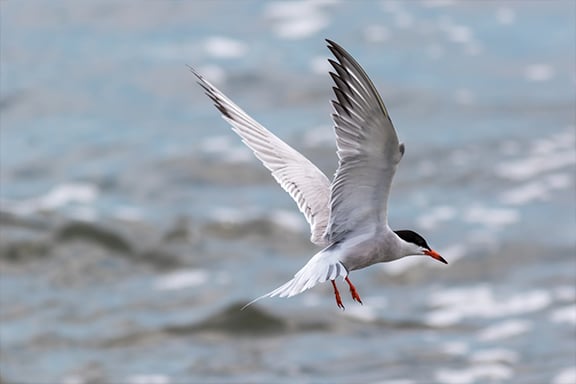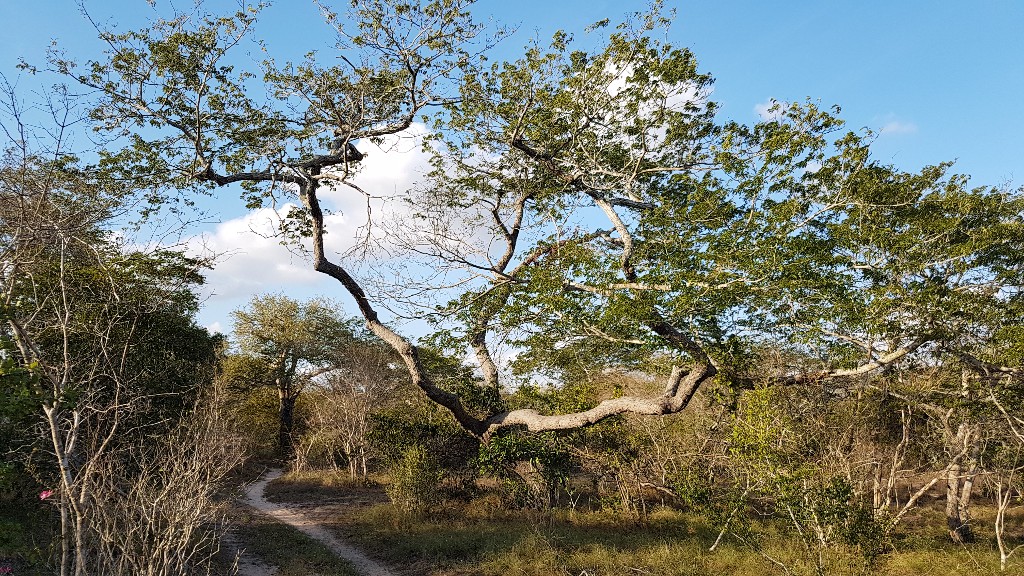On nutrients and renewal
By Robert Sluka
When guests visit us in Titusville, Florida we often suggest a “good news” trip to Orlando Wetlands Park. Created to mitigate errors in the past, it filters water from the burgeoning city of Orlando, and its ponds and plant life attract alligators, roseate spoonbills, and myriad butterflies. The park uses ecology to recreate what was altered by development to remove nutrients from water moving towards the coast. Plants soak up the nitrogen and phosphorus incorporating these nutrients into impressive growth. Ponds host wading birds, dragonflies, and otters feeding on mollusks and other small creatures which thrive on the plant life. Destructive draining of these wetlands allowed development in central Florida and now we are trying to heal. Nutrients from agriculture and urban concrete jungles flow towards the Indian River Lagoon, a 251 km long estuary – among the most biodiverse in North America. Excess nitrogen and phosphorus, along with a cocktail of other chemicals, clouds the once clear waters of the Lagoon causing a decline in seagrass which needs the sunlight to grow. Already impacted by overfishing of filter feeders such as oysters and the removal of mangroves to facilitate good views for lagoon edge houses, the natural buffers and systems of coping with nutrients are failing.
The boundary between land and sea is a difficult place for a species to survive. Coastal creatures face extreme changes with the daily rhythm of the tides. The A Rocha family has risen admirably to the task of protecting coastal marine species and habitats. Projects include restoring seagrass beds in Canada and Florida, long term studies and legal protection of the Alvor Estuary in Portugal, biodiversity research and ecotourism development in Mida Creek, Kenya, predator control facilitating the return of little (fairy) penguins to Aotearoa/New Zealand beaches, and the many mangrove conservation and restoration projects across the worldwide family, including many of our new Friends of A Rocha groups.
Plastic waste impacts coastal species and habitats through direct mortality. Not only this but it defaces the beauty in the world designed to point us to a good and loving Creator. A Rocha organizations globally have reduced plastic impacts through many cleanups across the years and our microplastic research and education projects.
Once I filled my hand with mist.
Then I opened it and lo, the mist was a worm.
And I closed and opened my hand again, and behold there was a bird.
And again I closed and opened my hand, and in its hollow stood a man with a sad face, turned upward.
And again I closed my hand, and when I opened it there was naught but mist.
But I heard a song of exceeding sweetness.
Kahlil Giban from Sand and Foam
The biblical book of Ecclesiastes reminds us of our temporality in this world and the flow of life (nutrients) through time and space. My Dad recently gave up his nutrients, to coin an ecological euphemism, passing into the New Creation. His body held atoms that perhaps once swam through Paleozoic seas as part of an ancient horseshoe crab. Maybe those atoms then flowed into the first land plants and on into brontosaur. The chain of nutrients flowed on until my Dad ate one of his favourite foods and ingested and incorporated those atoms into his own body, perhaps forming a gamete that made me. There is a natural flow through time and space, yet many of our new creations like plastic and car parks, alter that flow in ways that are often unhelpful to coastal species and habitats. I have had to let the physical part of my Dad go – it will flow into and be used by other creatures. There is a season for it all.
We do get to use those atoms while they are in our bodies. Efforts to be more in tune with our local place and its species can connect us through our mutual creatureliness – our physicality. I write these words from the house I grew up in in the northern part of the USA. The tree in front of the house has been there since we first stepped over the threshold over 50 years ago. While I have wandered the world, more like an albatross, the tree has grown, provided shade, housed many a bird nest, and shed leaves that have nourished the surrounding area. Our work to replant seagrass beds will eventually result in the capture of nutrients and sunlight, provide habitat for sea urchins and fish, and capture carbon. When species and habitats flourish God is glorified, and his creation sings his praise.
It can also be beautiful. Sometimes those places are astonishing in their beauty, and we sit and marvel. Other times it takes some creativity to find the more hidden beauty, perhaps located in the web and flow of nutrients through a system. Our work to restore and protect habitats from excess nutrients and pollution such as plastic gives us the opportunity to serve during this time when we can see the linkages much more clearly than perhaps those that used our atoms in the past could.
And so I invite you to get out there and learn, love, serve, and enjoy. Start by finding a local place to visit regularly, perhaps a local park or your own garden. Learn the names of a few organisms and spend time sitting, watching, and listening as they speak in their own language. Find out how you can bless these species and that place. Then enjoy communing with these neighbors as you all seek to glorify God together. There is a time for weeping, but there is a time for joy. There is a time for lament, but there is a time to turn our atoms towards restoration and hopeful conservation. There is significant evidence that if we reduce excessive nutrients and pollution in coastal ecosystems and assist in restoration of lost habitats they can flourish again.



